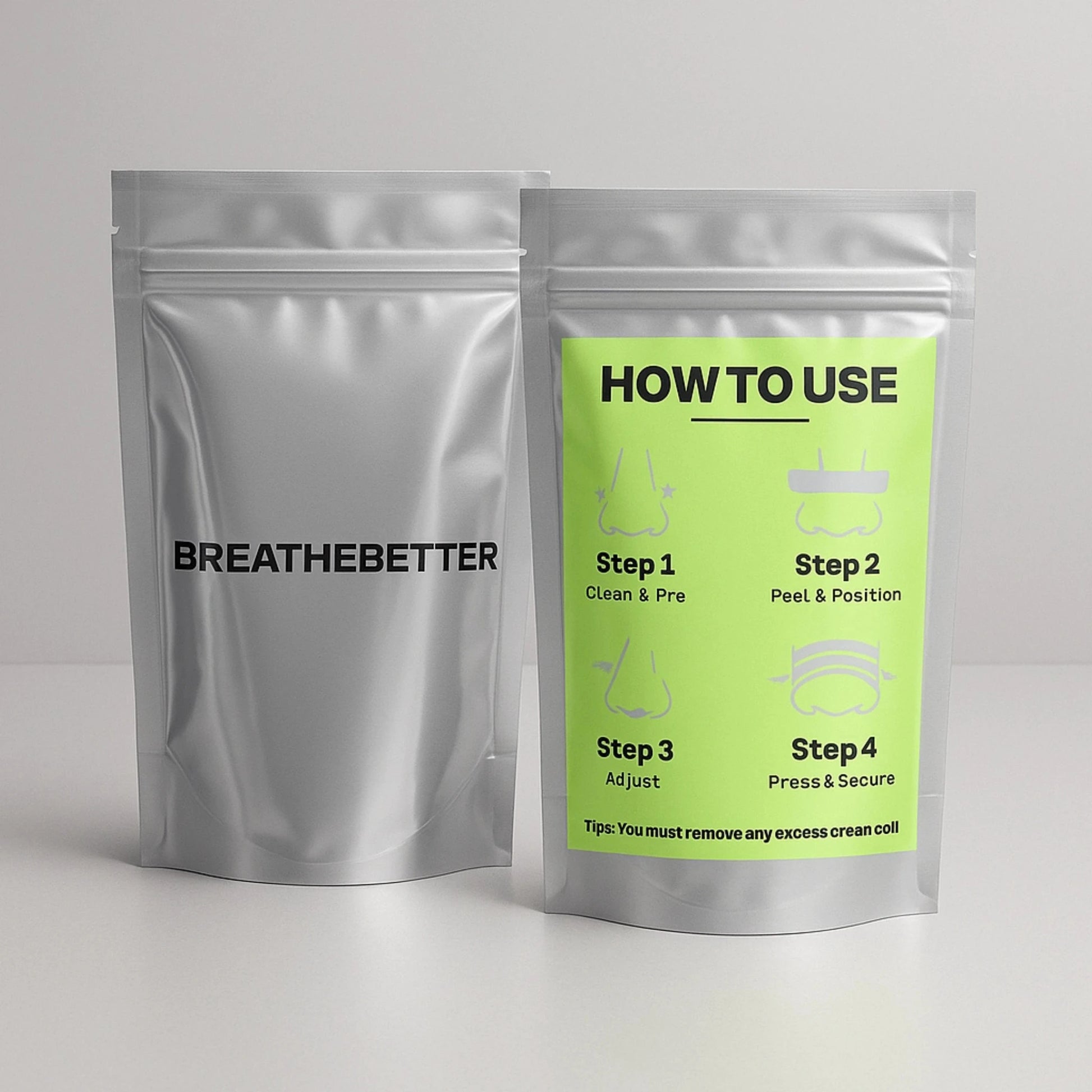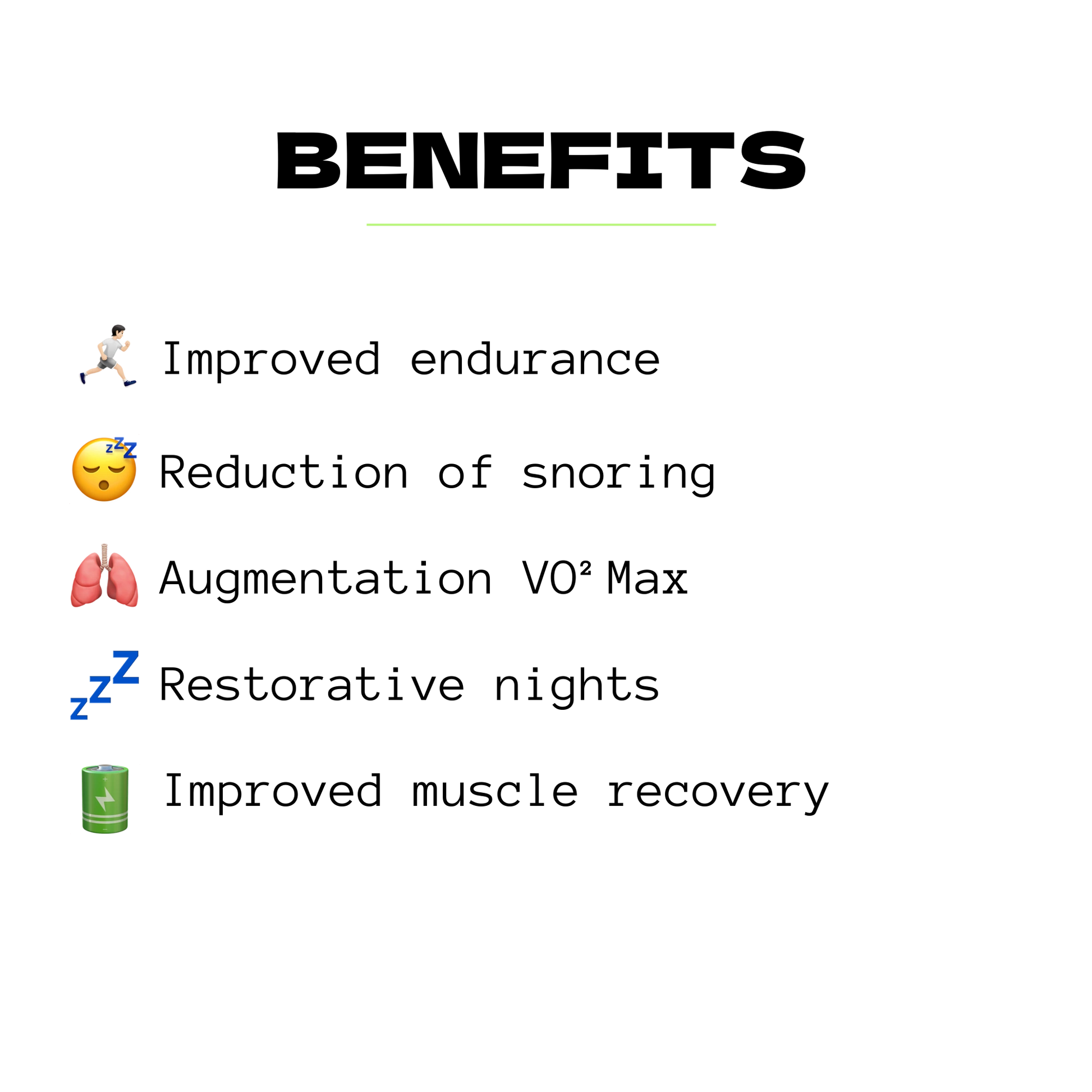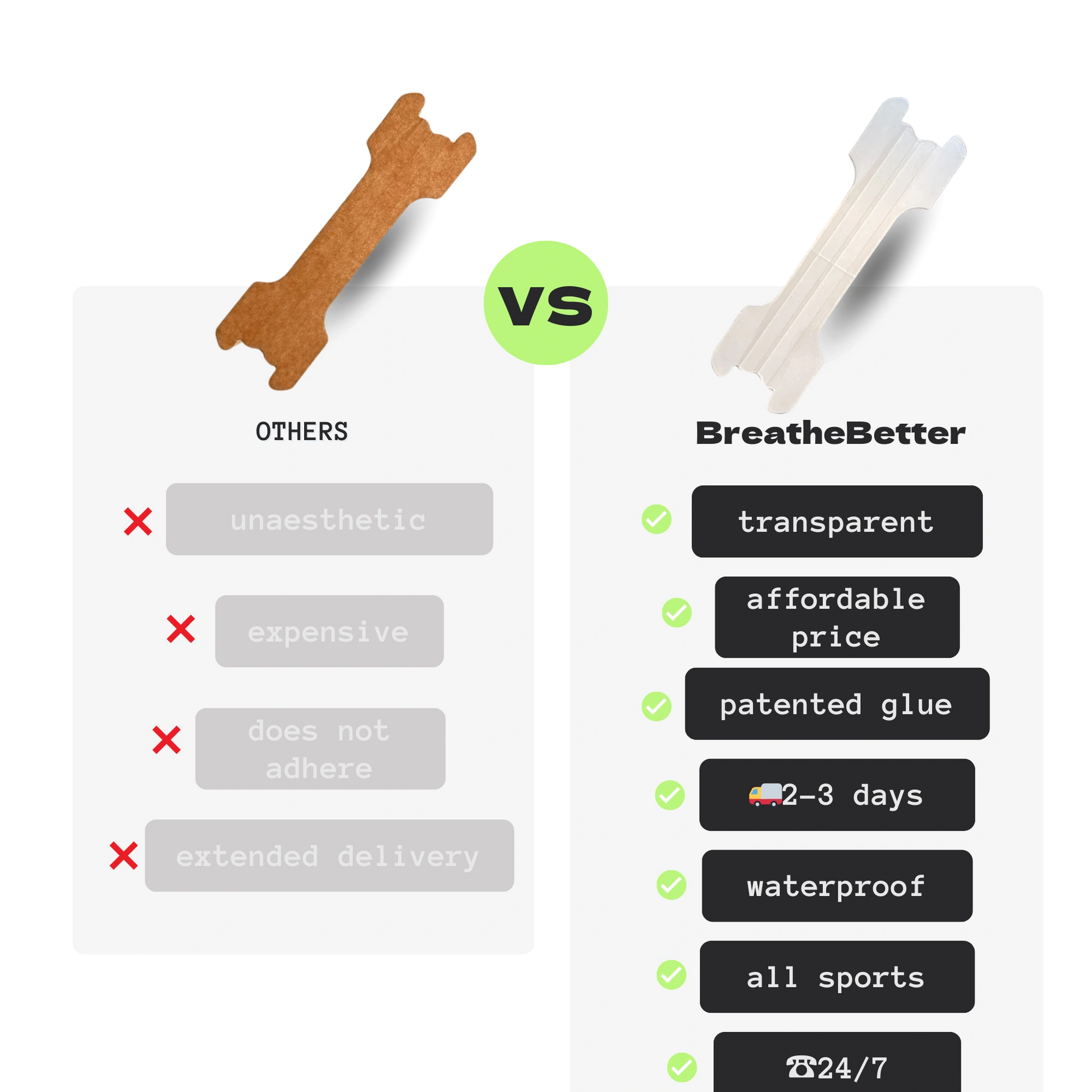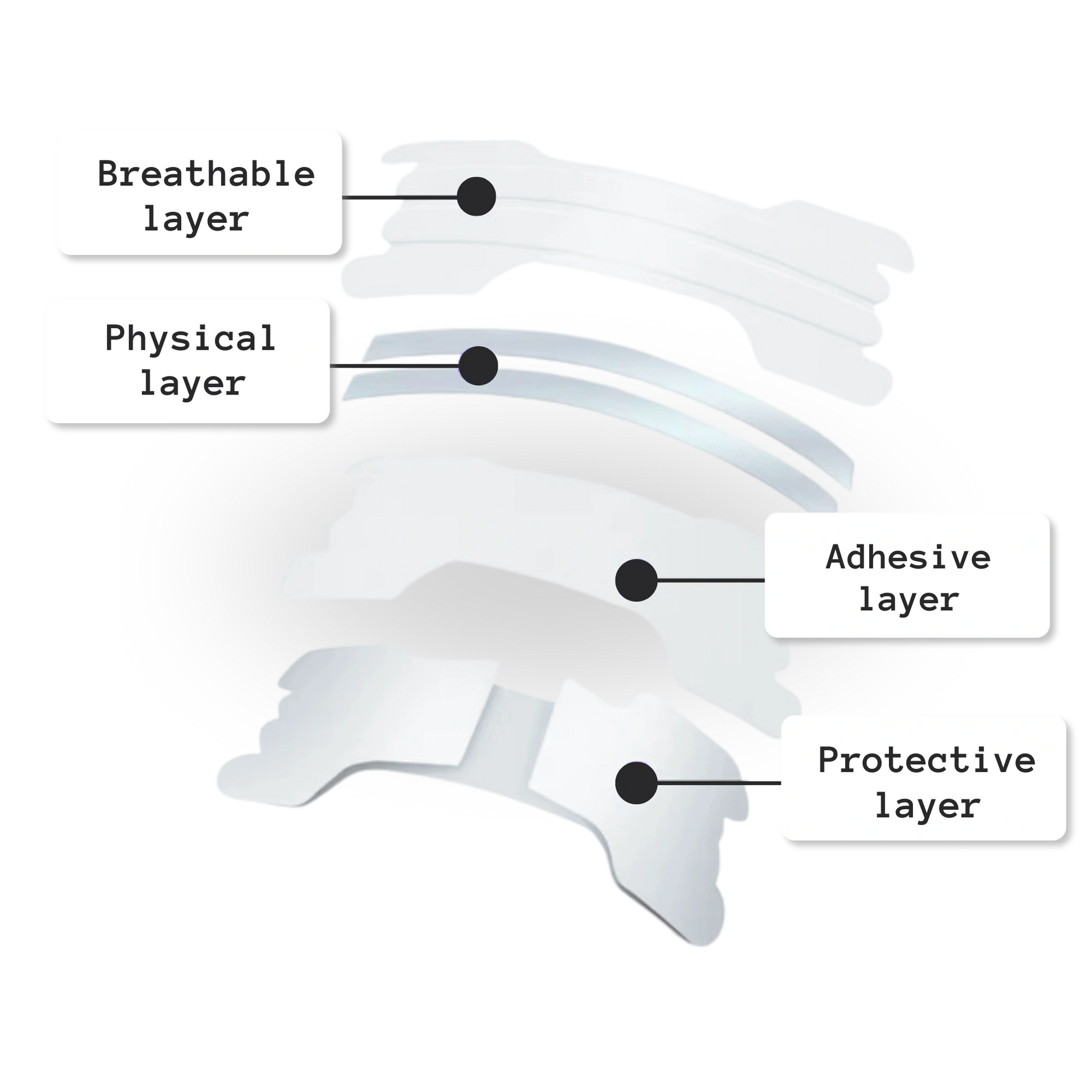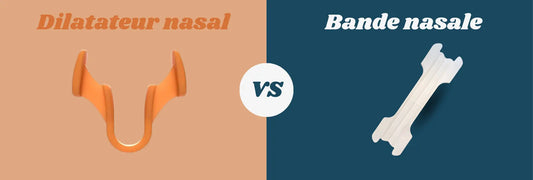Are you having trouble breathing properly? Is your nose hurting and preventing you from fully enjoying your day? Unfortunately, you are not alone in this situation. Many people are affected by a deviated septum problem, which can have serious consequences on their quality of life.
Fortunately, there are solutions to help you regain normal breathing and relieve your symptoms. In this article, we'll explore the causes of a deviated septum, the different treatment options available, and ways to prevent this problem in the future.
What is a deviated septum?
The nasal septum is the partition that separates the two nostrils. In normal functioning, it is located in the middle of the nose and allows balanced breathing through both nostrils.
However, in some cases, the septum can deviate, that is, shift to one side or the other. This deviation can be congenital, that is, present since birth, or acquired, following trauma or surgery.
A deviated septum results in one of the nostrils being more or less blocked, making breathing difficult and unbalanced. This can lead to various symptoms such as:
- Difficult or even impossible nasal breathing on one side
- Frequent headaches
- Sleep problems such as snoring or sleep apnea
- Recurring sinus infections
- A nasal voice
- Recurring nosebleeds
If the problem is left untreated, a deviated septum can also have long-term health consequences, such as chronic breathing problems or sleep disturbances.
What causes a deviated septum?
There are several factors that can lead to a deviated nasal septum:
Congenital causes
Some people are born with a naturally deviated septum, without any particular trauma. This malformation can be due to uneven development of the tissues and cartilages of the nose during pregnancy.
Traumas
A shock or trauma to the nose, such as an accident or blow, can also cause a deviated septum. This is one of the most common causes of a deviated septum.
Surgical interventions
Some nose surgeries, such as rhinoplasty (cosmetic nose surgery) or sinus surgery, can also cause the nasal septum to shift.
Genetic factors
Genetic predispositions can also play a role in the development of a deviated septum. Some people are more likely to develop this problem than others.
Aging
With age, the cartilages and tissues of the nose can become deformed and lead to a progressive deviation of the septum.
What are the solutions for a deviated septum?
Fortunately, there are several effective solutions to treat a deviated septum and restore normal breathing. Choosing the best option will depend on the severity of the problem and the patient's preferences.
Non-surgical treatments
For milder cases, non-invasive solutions can be considered first:
- Using nasal strips: These small adhesive strips placed on the nose help dilate the nostrils and make breathing easier.
- Breathing exercises: Certain breathing techniques can help to better oxygenate the body and relieve symptoms.
- Medications: Nasal sprays or drops may be prescribed to temporarily decongest the airways.
Nasal septum surgery
When non-surgical treatments are not enough, surgery may be necessary. The goal will then be to correctly reposition the nasal septum to restore balanced breathing.
There are different surgical techniques, such as septoplasty (correction of the deviated septum) or functional rhinoplasty (correction of the shape of the nose). These operations are usually performed under local or general anesthesia and require a few days of hospitalization.
Although the procedure may seem daunting, the results are usually very satisfactory. The vast majority of patients regain smooth and comfortable nasal breathing after the operation.
Prevention of a deviated septum
In order to avoid the appearance or worsening of a deviated septum, it is important to take certain precautions:
- Avoid trauma to the nose, for example by wearing a protective helmet during sports activities.
- Consult a doctor if breathing problems persist for early diagnosis and treatment.
- Follow the surgeon's recommendations for nose surgery.
By taking care of your nose and your breathing, you will be able to fully enjoy a life without respiratory discomfort!
A deviated septum can have a serious impact on quality of life, preventing normal nasal breathing. Fortunately, there are many effective solutions to treat this problem, ranging from non-surgical treatments to surgical interventions.
Do not hesitate to consult a healthcare professional if you experience persistent breathing difficulties. With the right diagnosis and treatment, you can regain healthy breathing and fully enjoy your daily life.
To help you breathe better every day, also discover our range of BreatheBetter nasal strips, designed to improve oxygenation and sleep. Breathe better, live better!



